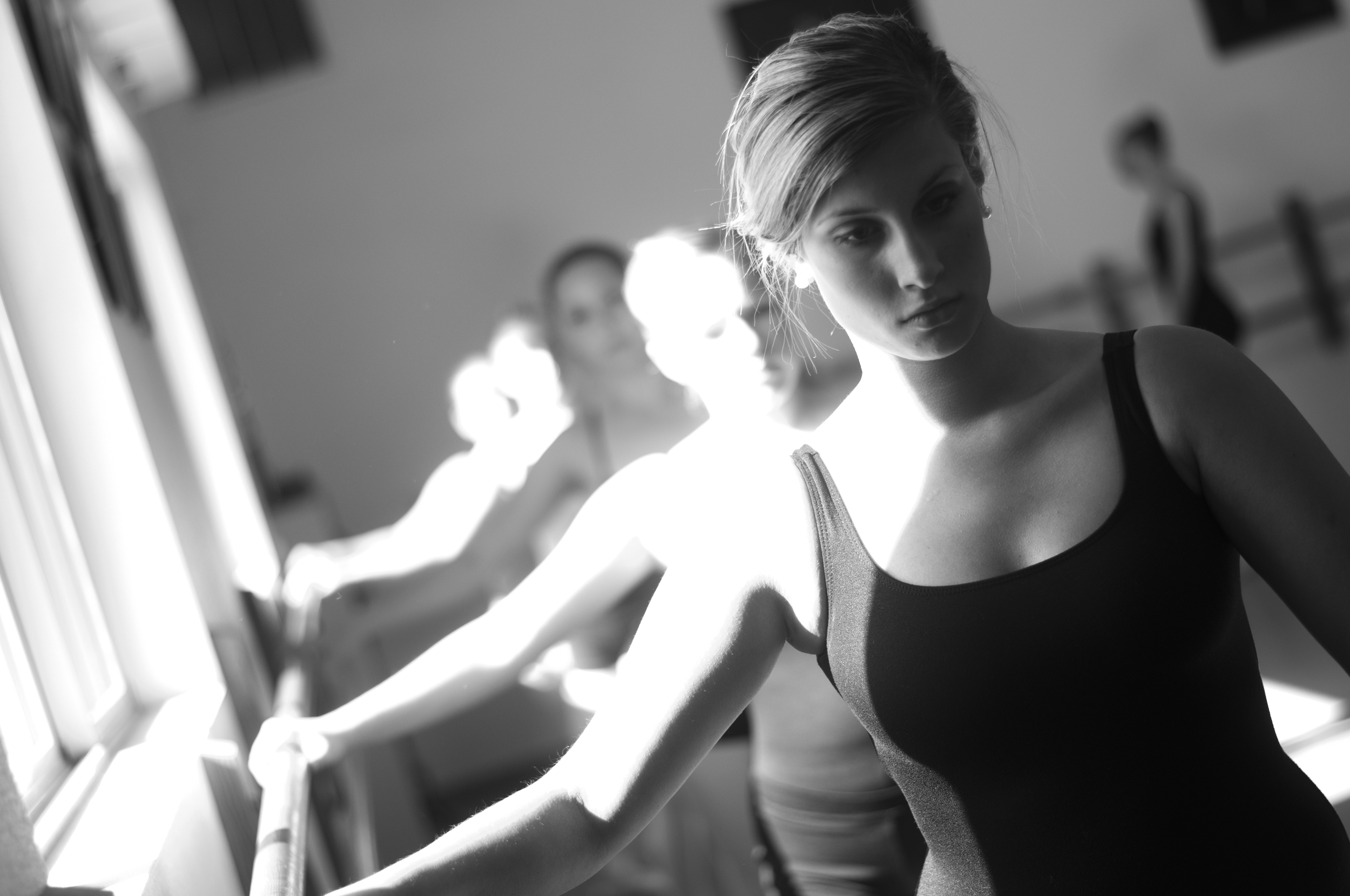Practice to Lose
/As a dance teacher, I spend a lot of my time encouraging kids to practice. Practice makes perfect. Practice makes progress. Practice like you perform. We have all kinds of sayings to encourage our dancers to work hard and practice their craft. Why do we ask them to practice? Because we want them to do well, to be prepared, to be successful, to “win.” But here’s the thing, in any given circumstance, that child may or may not come out on top.
If practice is the best preparation, then why don’t we have our children practice losing? I know, I know, that sounds crazy to our success driven society, but the truth of the matter is, that your child is going to face disappointment. While we are so busy preparing them to do their best and to win, I hear very little discussion about losing. In fact, it seems that many parents try to avoid the experiences of loss or disappointment for their child at all costs. I would suggest that we do the opposite. I encourage you to put your child in to situations where they can practice losing, and still be okay.
At any given dance competition, I may have ten dancers competing for the same top spot. Simple mathematics tells you that one may win, and the other nine will “lose.” And that is not even taking in to consideration all of the other dancers from other studios in attendance. So I’m going to let you in on my dirty little secret, I actually love it when my dancers lose. Here are the amazing things that happen when a child does not come out on top.
It tests whether they are dancing because they love it, or whether they are dancing to earn a trophy. I want my dancers to love dance, regardless of their placement.
It allows them to face disappointment in a controlled way that does not disrupt their safety or life trajectory.
They are able (hopefully) to gracefully congratulate those who placed better than them and learn to genuinely appreciate the success of others.
They learn that while disappointing, an unsuccessful outcome does not define their experience.
They come back to the studio eager to train and improve upon their skills. In short, it makes them “hungry” - and that’s the best kind of dancer to train.
Admittedly, I am not a huge fan of dance competitions in general, however there is one aspect that I do find very valuable, and that is to teach life skills. I would much rather see a child experience disappointment for the first at ten around a dance trophy than at twenty around a job placement. If they learn at a young age that disappointment is part of the process and does not define the journey, they are much more capable of handling setbacks in their adult life. That resilience is worth far more than any trophy they could receive. So I say, bring on the losses! Let our kids soak them up, learn that life goes on, and love what they do regardless of the outcome - that is the true win!


